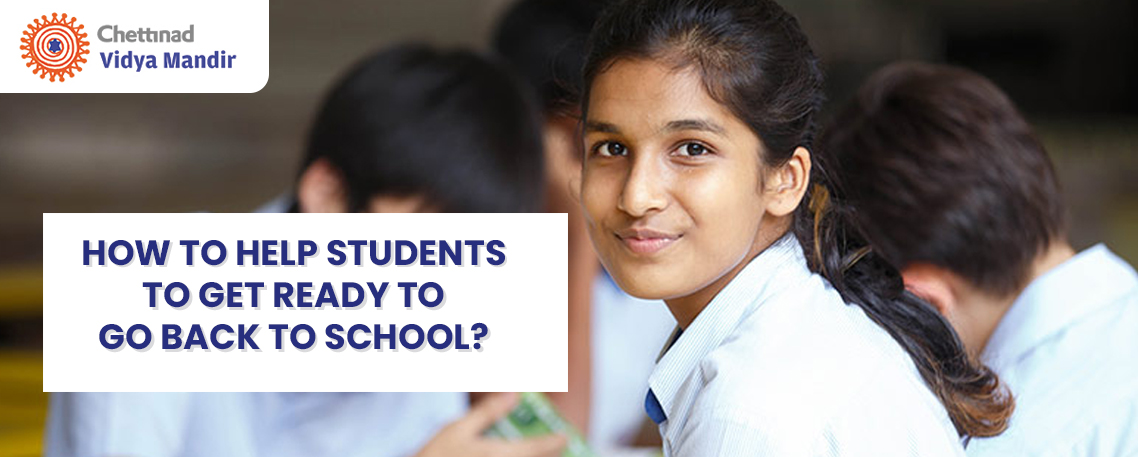Schooling is an important and unforgettable part of everybody’s lives. While it is true that we make many memories during this time, it can be difficult for some, especially when returning to school after a break. School provides discipline and a routine to follow for a long period and when they get a break, the students break this routine which makes it difficult to go back to following this routine. Going back to school after a break can be stressful for some and may cause anxiety. Whatever the case may be, there are some things one can follow to make this transition as smooth as possible.
Make the transition easier
Going back to school becomes even more difficult when the transition happens suddenly. This is especially true for kids as teenagers can adapt more easily. Here are some things that the parents or guardian can do to make the transition easier:
- The child must get sufficient sleep. The amount of sleep they need varies depending on their age so they must get enough sleep accordingly.
- Wake them up a little earlier. Holidays mean that the kids can wake up at any time and this is something that can make the transition difficult. Slowly correcting the child’s sleep cycle can make it easier for them to wake up in time for school. Wake them up a little earlier every day and start this process at least a week before school begins.
- Limit the time they spend using electronics. During the holidays, the children may spend a lot of time watching movies, playing video games, and more, and this could delay the melatonin, the hormone that creates the sleepy feeling. Reducing the time spent in these activities can help to go back to a healthy sleep cycle.
School-related anxiety
The first step in combating anxiety is to identify the steps and get help at the right time. Children may experience stress and anxiety before going back to school or before a test. This anxiety may be caused by excessive expectations of the child or other issues that affect them physically and mentally. The signs include refusal or hesitation to do their school-related work and to go to school, obsessive behavior, stomach- and head-aches, trouble sleeping, and more. Children above the age of 6 show these signs. Try to identify these signs and talk to your child and a doctor.
Preparations
Regardless of the child’s age, some things can be done to not only make the transition easier but also more exciting. Use a checklist to make sure that the child does tasks, whether that is a household chore or something related to academics. Encourage them to number their tasks so that they know how much work is to be done and how much time it will take. Also, tell them to distribute the tasks in such a way that the first and last tasks are simple ones. Designate an area for studies and keep organized notebooks. If possible, also buy some accessories like new notebooks or new schoolbags as using new things will create a sense of excitement. Follow simple steps like this and make going back to school an exciting process.

